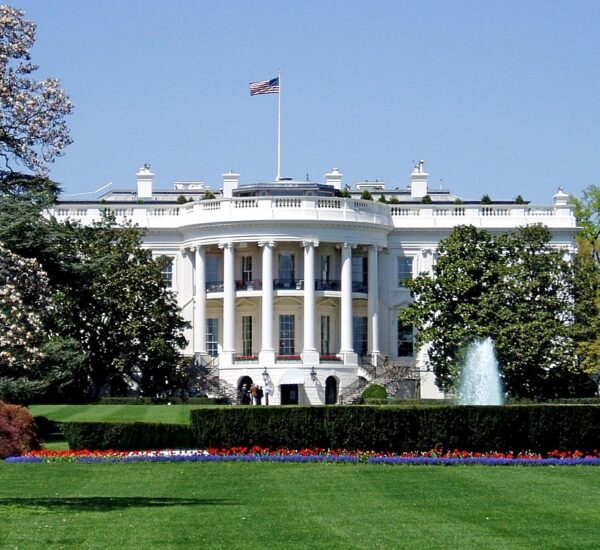Lawmakers Unite Over Biden
Washington, D.C. — Former President Joe Biden is once again at the center of national headlines—this time, for a deeply personal reason. On Sunday, Biden’s office confirmed he has been diagnosed with an aggressive form of prostate cancer, reigniting debate not only about his health, but also about the controversial decisions made during his presidency.
According to the official statement, the cancer had already metastasized to the bone. While the form is considered aggressive, Biden’s team says it’s hormone-sensitive, meaning modern treatments may slow its progression.
As this story develops, both Democrats and Republicans—including political rivals—have issued messages of support. But behind the well wishes, many Americans are asking hard questions about what Biden’s health struggles mean for the Democratic Party—and for his legacy.
Health Crisis Highlights Growing Concerns About Biden’s Presidency
While Biden’s diagnosis has prompted a wave of sympathy, critics—including many within his own party—are openly admitting what many suspected: Biden should not have run for a second term. His decision, made in the face of mounting concerns over mental fitness, has caused deep divisions within the Democratic establishment.
“This is bigger than a diagnosis,” said one conservative strategist. “It’s about the lack of transparency and the refusal to step aside, even when it was clear his health and cognition were failing.”
Over the past year, Democrat insiders have begun to break ranks, criticizing Biden’s inner circle for hiding signs of decline. The backlash intensified in recent weeks as Biden attempted to return to the public eye through interviews with the BBC and “The View.”
Trump, Melania Send Well Wishes—While Critics Demand Accountability
In a moment of grace, President Donald Trump and First Lady Melania Trump released a statement offering their “warmest and best wishes” to Biden and his family. The gesture stands in stark contrast to the media chaos that plagued Biden’s final months in office.
Vice President Kamala Harris and several former aides praised Biden as a “fighter,” highlighting his past battles with personal tragedy. Many referenced the 2015 death of his son Beau, who succumbed to brain cancer—a loss that spurred the launch of Biden’s “Cancer Moonshot” initiative.
But for many Americans—especially older voters who watched Biden’s decline in real time—the outpouring of sympathy is tempered by deep frustration over how the situation was handled.
Doctors Weigh In—Is the Prognosis Manageable?
According to Rep. Greg Murphy (R-N.C.), a urologist with over 30 years of medical experience, treatment for Biden’s condition has improved dramatically in recent decades.
“There are effective options,” Murphy said. “But this is a serious diagnosis. My prayers are with him.”
Medical experts say a Gleason score of 9 (Grade Group 5), as cited in Biden’s case, indicates a high-grade cancer that spreads quickly. The fact that it has reached the bone suggests late-stage detection, raising further concerns about what the public was told during Biden’s time in office.
Democrats Face Reckoning Over Biden’s Final Years
The diagnosis also comes as Democratic strategists face tough questions about Biden’s controversial decision to seek re-election. Many have privately admitted he should have stepped aside far earlier, citing everything from muddled debate performances to diminishing mental acuity during international summits.
“His advisers failed him. But more importantly, they failed the American people,” said one GOP analyst.
Rep. James Clyburn (D-S.C.), one of Biden’s closest allies, defended the former president in an interview—but his tone was notably muted. “I spoke with him often. I didn’t see anything out of the ordinary,” he told CNN. Critics argue that not seeing was the problem.
Conclusion: Compassion, But Not Without Consequences
While many Americans are praying for Biden and his family during this personal health battle, there is growing consensus that serious political misjudgments were made in his final years of service.
This cancer diagnosis may humanize the former president—but it also serves as a grim coda to a presidency many believe was plagued by secrecy, mismanagement, and poor judgment.
The American people deserve compassion—but they also deserve the truth.






